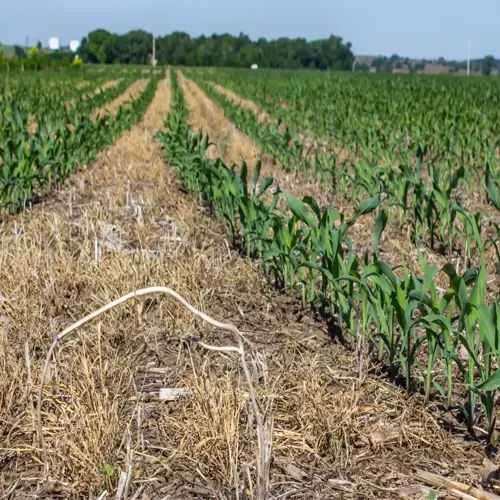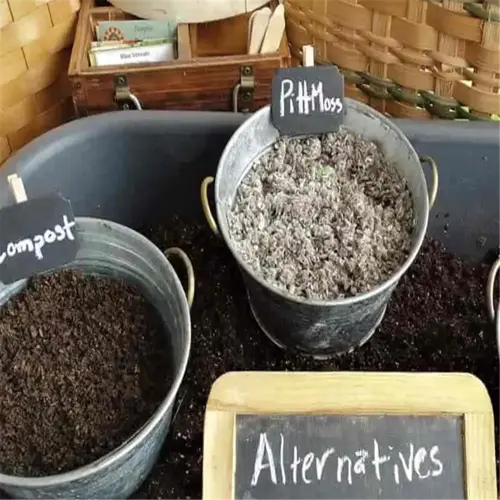What is the optimal fall planting window for bulbs?

Written by
Michael Sullivan
Reviewed by
Prof. Samuel Fitzgerald, Ph.D.Timing makes all the difference when planting bulbs in the fall to succeed in the spring, timing is everything. You want to plant bulbs 6-8 weeks before the first hard frost service at your location. This gives them enough time for the roots to establish without causing the bulbs to grow in advance. I am a soil temperature fanatic, so I want to plant them as soon as the soil temperature drops below 60°F (15°C), my trowel is out.
Northern Zones (3-5)
- Plant late September to mid-October
- Dig 8-10 inches deep for tulips/daffodils
- Mix bone meal into sandy soils
- Mulch with 6 inches of straw after ground freezes
Mid-Atlantic (6-7)
- Aim for October 15-November 10 window
- Test soil pH - ideal range 6.0-7.0
- Amend clay soils with 30% coarse sand
- Use chicken wire cages to deter squirrels
Southern Zones (8-10)
- Delay planting until November-December
- Chill tulip bulbs 12 weeks in fridge
- Choose heat-tolerant species like rain lilies
- Water monthly if winter droughts occur
Preparing the soil removes successful bulbs from unsuccessful ones. In the clay-ridden gardens of Michigan, I use three parts native soil to one part builder's sand. In sandy Arizona garden beds, coconut coir retains moisture. I remember one client who doubled her number of daffodils simply by adding worm castings. Your soil tells a story - you just have to listen.
Rodent Deterrents
- Line beds with ¼" hardware cloth
- Plant Fritillaria imperialis - rodents hate its scent
- Sprinkle cayenne pepper around bulbs weekly
- Install ultrasonic repellents before snowfall
Insect Control
- Spray neem oil at first aphid sighting
- Release ladybugs for thrips infestations
- Apply diatomaceous earth around stems
- Rotate bulb locations yearly
Last autumn, a gardener from Wisconsin saved her crocus from the voles by simply using crushed oyster shells underneath mulch. Since then, I have started using this trick. For slugs, beer traps work well but require you to empty them daily. What's better? Iron phosphate pellets - they are safe for your pets and resistant to rain.
Read the full article: 7 Essential Tips to Plant Bulbs This Fall

